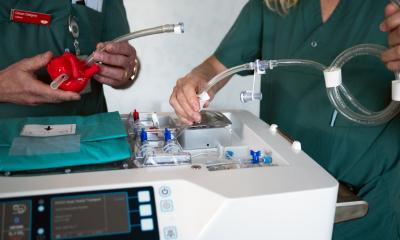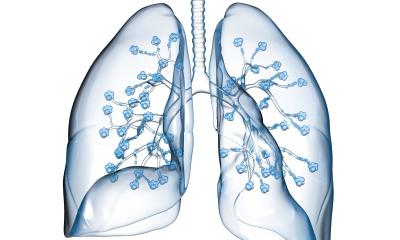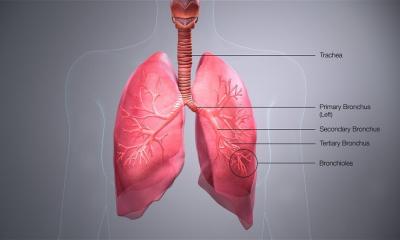A gem of transplantation medicine celebrates its 30th year
The Collaborative Transplant Study has evaluated data on approximately 500,000 transplantations worldwide, providing a scientific basis for organ allocation and transplant treatment.
The world’s largest transplantation medicine study is turning 30. Since 1982, Professor Gerhard Opelz and team at the Department of Transplantation Immunology, at Heidelberg University Hospital’s Institute for Immunology, have collected and evaluated data on more than 500,000 transplants in around 500 hospitals in 43 countries. The Collaborative Transplant Study (CTS) has demonstrated how important immunological characteristics – the HLA antigens – are for successful kidney transplantation and how effective – as well as how toxic – immunosuppressant drugs can be. The CTS data also serve as the scientific basis for allocating organs by Eurotransplant. ‘Tens of thousands of patients all over the world have benefited from this study,’ explained Professor Markus Büchler, head of the Transplant Centre at Heidelberg University Hospital. The wealth of data allows statistically reliable statements to be made that directly benefit proper organ allocation and scientifically based treatment of patients.
The Lancet and New England Journal of Medicine
'The study’s significance is evidenced by the high number of journal articles, with 14 of them alone in the top clinical journals The New England Journal of Medicine and The Lancet,’ Professor Stefan Meuer, Director of Heidelberg University Hospital’s Institute for Immunology, pointed out.
The study’s beginnings lay in the discovery that certain surface proteins on donor organs activate the recipient’s immune defence, which can trigger the organ rejection. But which of these HLA antigens are key – and should the organs be allocated on this basis? ‘We provide reagents to transplant centres, which they use to test organ recipients for their HLA antigens.’ In return, the centres have provided the institute in Heidelberg with data on transplant results over a period of decades. This allows conclusions to be drawn about the significance of HLA antigen ‘matching’ and of the efficacy and side effects of drugs used for immunosuppression. An immunological match is vital Findings of the CTS include the following:
• The immunological match plays a key role in the success of kidney transplantation. For this reason, a great deal of attention is paid to this factor when the kidneys are assigned to a recipient. For liver and pancreas transplants, an exact match is less influential. While heart and lung patients would profit from matching as well, urgency is the major criterion for allocating these organs.
• Certain drugs, including cyclosporine and tacrolimus, can considerably boost the success rate of transplantation. However, depending on the dosage, the risk of developing cancer is significantly greater. Transplant patients with better HLA compatibility require lower doses of immunosuppressive medication. Better HLA matching therefore not only improves the graft survival rate but also reduces the side effects of immunosuppressive treatment, such as the development of certain tumours, the occurrence of life-threatening infections and cardiovascular complications, and the occurrence of post-transplant bone fractures.
The study has been financed by donors from the IT and transplant sectors and through the proceeds from the reagents sent to transplant centres for testing the HLA antigens. ‘Scientific independence has been ensured at all times,’ said Prof. Opelz. This gem of transplantation medicine will be continued after he retires in two years. Now, sponsors are being sought to contribute to preserving the world’s largest transplant data registry, the Collaborative Transplant Study.
04.09.2012





